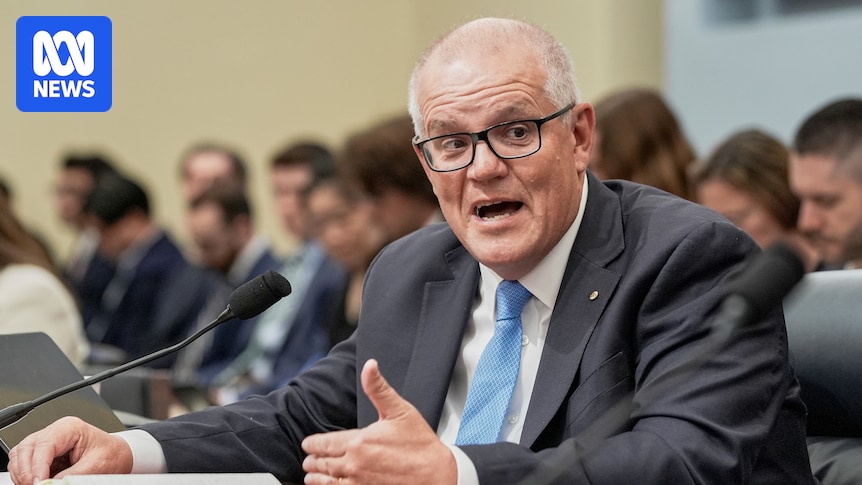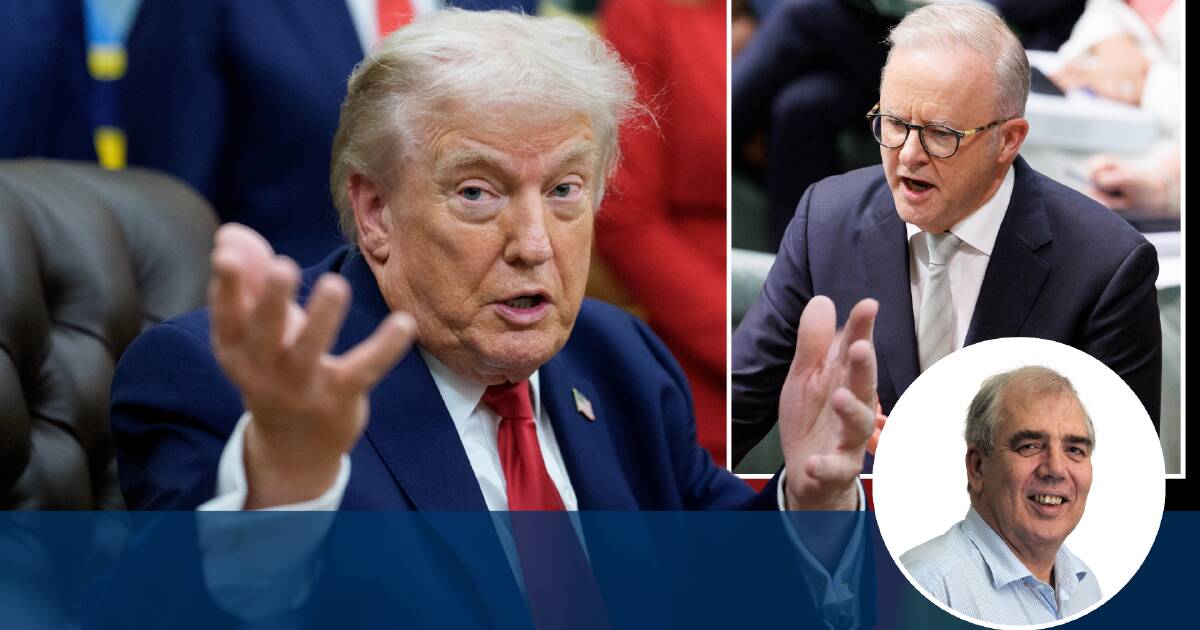
Scott Morrison, former Prime Minister of Australia, recently appeared before a US Congress committee to caution against underestimating China’s economic threats. He emphasized China’s readiness to use trade as a weapon, citing Australia’s experience with “targeted and illegal trade bans and diplomatic estrangement” during his tenure. Morrison argued that Australia was penalized for its loyalty to the United States and now offers valuable lessons for America.
Addressing the Select Committee on the Chinese Communist Party (CCP), Morrison urged the US to strengthen alliances with Australia and other democracies to counter potential threats. “Above all, I would highlight the need to never become casual about the potential threat and to remain vigilant,” he stated. “Strengthening and deepening the networks of US alliances and partners is critical to resilience and deterrence.”
China’s Economic Tactics and Australia’s Experience
The committee, established in 2023, focuses on assessing the CCP threat and developing strategies to protect American interests. It has raised concerns about America’s economic reliance on China, particularly for essential minerals like rare earths. “China can so much as flick a switch and cause major damage to the American economy,” warned Raja Krishnamoorthi, the committee’s top Democrat.
Morrison highlighted a shift in China’s approach after Australia’s 2022 election, with the CCP employing “inductive engagement laced with charm and flattery” to sway Australia and isolate the US. He stressed that diplomacy with China is unlikely to yield effective solutions. “We have to be clear-eyed about this and not pretend that somehow this is going to be resolved through discussion,” Morrison asserted.
Calls for an Anti-Coercion Coalition
Rahm Emanuel, former US ambassador to Japan and another witness at the hearing, praised Australia’s response to China’s coercion as a model for future actions. He proposed forming an “anti-coercion coalition” akin to NATO’s Article 5, where an attack on one member is considered an attack on all. Emanuel cautioned that current US trade policies could provoke a unified retaliatory response from its allies.
“Australia’s response to China’s coercion is the best example to try to replicate going forward,” Emanuel said.
He cited the European Union’s reaction to China’s trade restrictions on Lithuania as a precedent for collective action. Emanuel warned that while these measures were intended for China, they might also be applied to the US due to its negotiation tactics with the EU.
Public Opinion and the Role of AUKUS
Morrison expressed concern over China’s influence on public opinion in Western democracies, noting a recent Lowy Institute survey showing more Australians view China as an economic partner rather than a security threat. “That is an objective of the CCP — that western democracies will go to sleep on the threat,” he said.
The committee commended Australia’s resilience against China’s trade pressures, which included tariffs on barley, bans on meat products, and a significant tariff on wine. These actions were seen as retaliation for Australia’s COVID-19 inquiry, though the CCP claimed they were based on trade investigations.
“The pain of what was done, particularly to our wine industry, was real,” Morrison remarked. “If you’re going to stand up [against China], you have to be prepared to take a few hits in the process.”
Morrison emphasized the importance of alliances, referencing the AUKUS pact with the US and the UK as a critical response to China’s actions. The committee’s leaders recently expressed support for AUKUS in a letter to Defense Secretary Pete Hegseth, despite concerns about the US’s reliability as an ally under the “America First agenda.”
As the US navigates its complex relationship with China, Morrison’s testimony underscores the need for vigilance and collaboration among democracies to safeguard economic and security interests.






